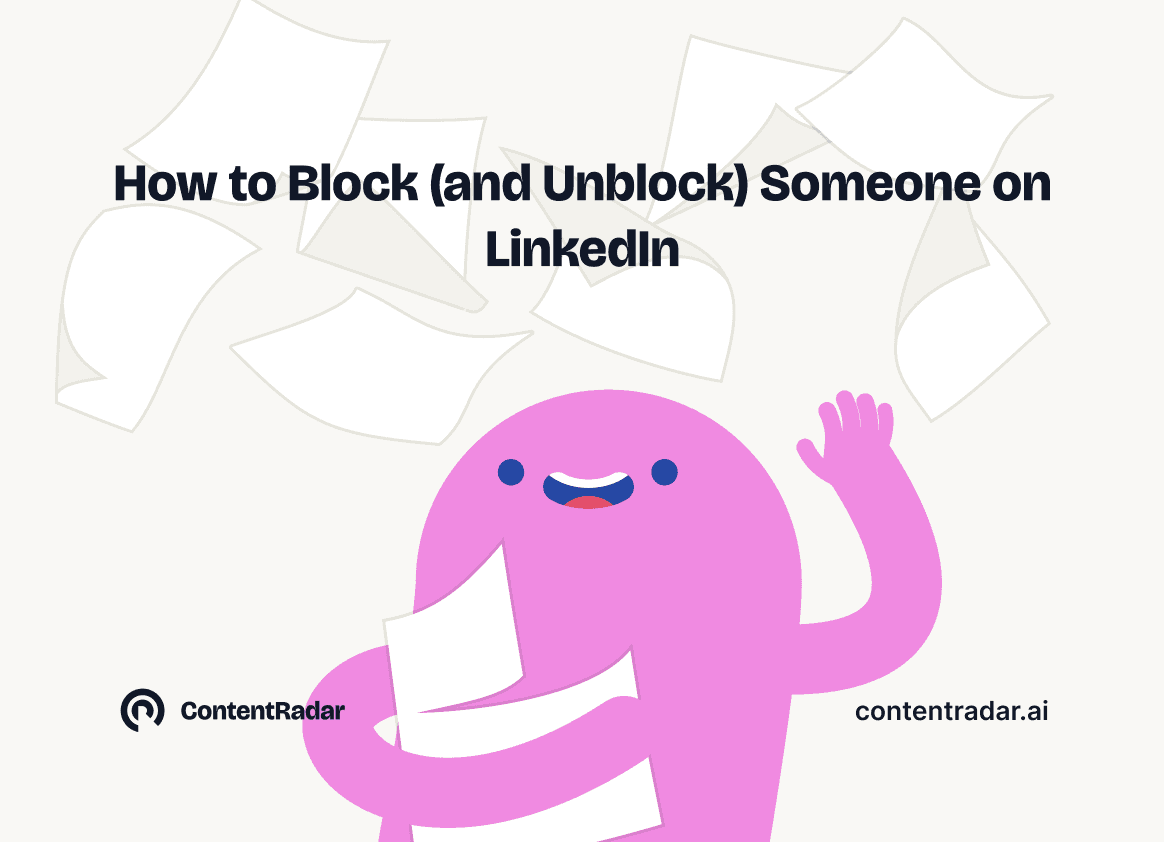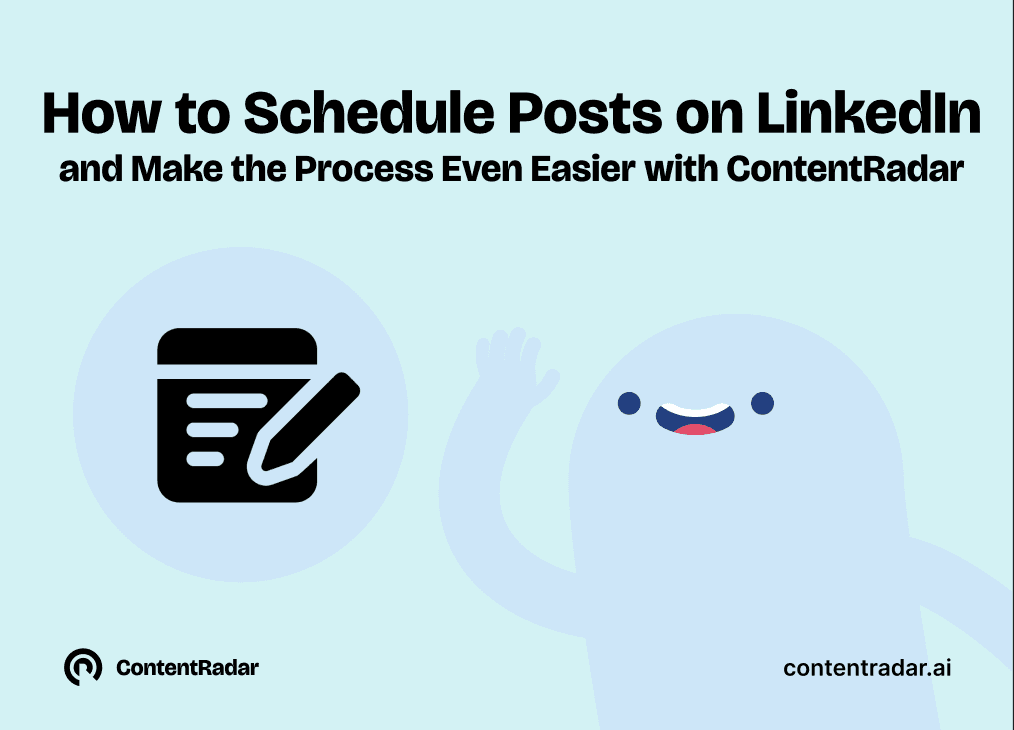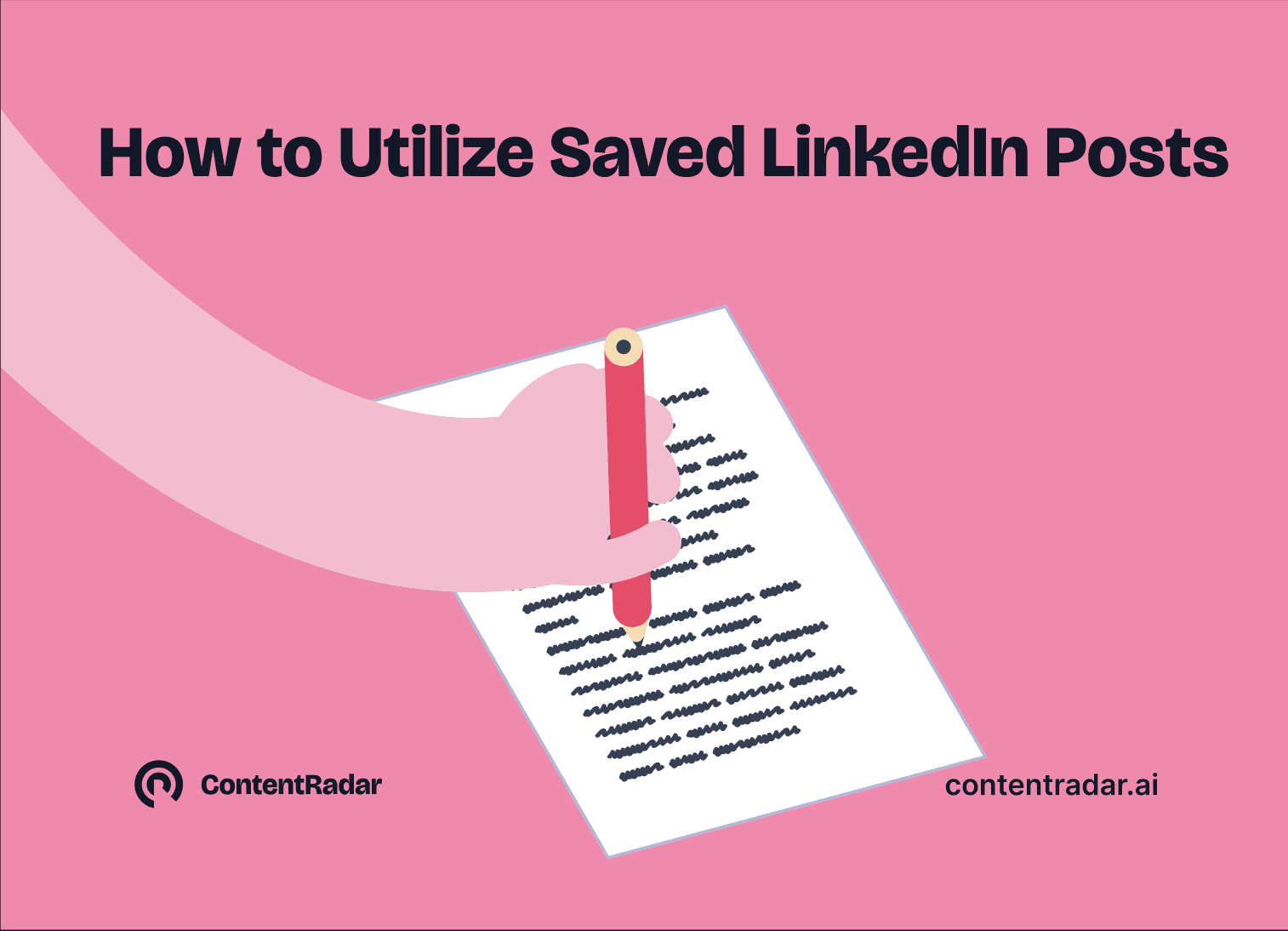A comprehensive guide to cross-posting on LinkedIn

Aug 29, 2024
Managing multiple social media platforms can be overwhelming and affect your overall strategy. Maintaining a consistent presence is crucial, especially on platforms like LinkedIn, where you can directly connect with your target audience. Cross-posting is a powerful technique to expand your reach and streamline content distribution. This article will explore how to cross-post on LinkedIn, its benefits, and address common concerns about reach and the value of original content. Let's dive in!
Does cross-posting affect reach?
One of the most common concerns around cross-posting is whether it impacts the reach of your content. The answer is not a simple yes or no, it depends on several factors -
Platform algorithms: Most social media platforms have algorithms designed to prioritize original and valuable content. However, cross-posted content can still achieve significant reach if it is engaging and relevant and there is not too much of an overlap between your audience on both platforms.
Content Saturation: Excessive cross-posting can lead to content saturation, where your audience may become less responsive. To avoid this, ensure that your cross-posted content is spaced out and not overly repetitive. Effective cross-posting should involve a strategic approach to timing and frequency.
Content Adaptation: Tailoring cross-posted content to fit the nuances of each platform can positively impact reach. While the core message may remain the same, adapting the content to align with the platform’s tone and dimensions can make a significant difference.
Optimal image and video dimensions for social media:
LinkedIn posts: 1200 x 628 for images; 4096 x 2304 for videos.
Facebook carousel: 1200 x 1200 for images; 1080 x 1080 for videos.
Facebook Timeline: 1200 x 628 for images; 1280 x 720 for videos.
Twitter: 1200 x 628 for images; 1920 x 1080 for videos.
Instagram stories: 1080 x 1920 for both images and videos.
Benefits of cross-posting on LinkedIn
Cross-posting on LinkedIn offers several key benefits that help you have a more consistent social media strategy. Here’s a closer look at the advantages:
Broader audience reach: Cross-posting enables you to reach different segments of your audience across multiple platforms. LinkedIn’s professional audience complements the broader reach of other social media channels like Twitter and Facebook. By sharing content across these platforms, you ensure that your message reaches a diverse audience.
Time Efficiency: Creating unique content for every platform can be time-consuming and resource-intensive. Cross-posting allows you to repurpose content efficiently, saving time while maintaining a consistent brand message.
Increased Engagement: Sharing content on multiple platforms can lead to higher engagement rates. Different platforms may attract varied audience segments, and cross-posting allows you to tap into these diverse groups.
How to Cross-Post on LinkedIn Effectively

Effective cross-posting on LinkedIn involves more than just copying and pasting content from other platforms. Here are key strategies for ensuring that your cross-posted content performs well:
Select relevant content: Choose content that is relevant to LinkedIn’s professional audience. Focus on posts that offer industry insights, business updates, or thought leadership. Content that aligns with LinkedIn’s professional tone is more likely to resonate with users.
Customize for LinkedIn: While cross-posting involves sharing the same content, it’s important to tailor it for LinkedIn following the best practices. For example, transform a casual tweet into a more formal LinkedIn post with a clear call to action.
Leverage automation tools: Use tools like ContentRadar to schedule and automate your cross-posting efforts. This allows you to manage multiple social media accounts efficiently, ensuring that your content is shared at optimal times.
Monitor Performance: Track the performance of your cross-posted content using LinkedIn’s analytics within ContentRadar. Analyze metrics such as engagement rates, click-through rates, and shares to understand the effectiveness of cross-posting.
Engage with your audience: Cross-posting is not just about broadcasting your message; it’s also about fostering engagement. Respond to comments, participate in discussions, and interact with your LinkedIn network to build relationships and enhance engagement.
Cross-Posting LinkedIn vs. Original Content
When deciding between cross-posting and creating original content for LinkedIn, consider the following factors:
Original content: Crafting unique content specifically for LinkedIn allows you to tailor your message to the platform’s audience. Original posts can be more effective in driving engagement because they are customized to meet the needs and interests of LinkedIn users. As LinkedIn posts are usually very detailed, you can cross-post it to X in forms of multiple threads.
Cross-posted content: While cross-posting can save time and ensure consistency, it may not always achieve the same level of engagement as original content. Understand the type of content which can be cross-posted such as an important update or a goal oriented post.
Conclusion
One of the best ways to improve your social media presence and increase the reach of your content is to cross-post on LinkedIn. Through understanding of the advantages, use of efficient cross-posting strategies, and counterbalance with original content, you can put together a strong social media plan that makes use of LinkedIn's exponential reach. Make use of automation tools to streamline the steps, track results and interact with your audience. Boost your social media planning by incorporating cross-posting as a key component of your LinkedIn plan.
Other articles

How to Block (and Unblock) Someone on LinkedIn
And When You Should
Discover how to effectively block and unblock someone on LinkedIn to maintain your professional space and privacy. This guide covers the reasons for blocking, step-by-step instructions for both blocking and unblocking, and the difference between blocking and disconnecting. Learn to manage your LinkedIn network confidently and ensure it remains a supportive environment for your professional growth.

How to Schedule Posts on LinkedIn
and Make the Process Even Easier with ContentRadar
Discover how to effortlessly schedule posts on LinkedIn to boost engagement and maintain consistency. Learn the benefits of scheduling, step-by-step instructions, and how ContentRadar can streamline your content creation and posting process. Maximize your LinkedIn presence with smart timing suggestions and AI-generated content!

How to Save LinkedIn Posts and Find Them Again
Master the LinkedIn Save feature with our quick guide! Learn how to bookmark posts, job listings, and insightful content for easy access later. Discover the benefits of saving posts, how to find your saved items, and tips for managing your saved content effectively. Stay organized and never lose track of valuable information again!
